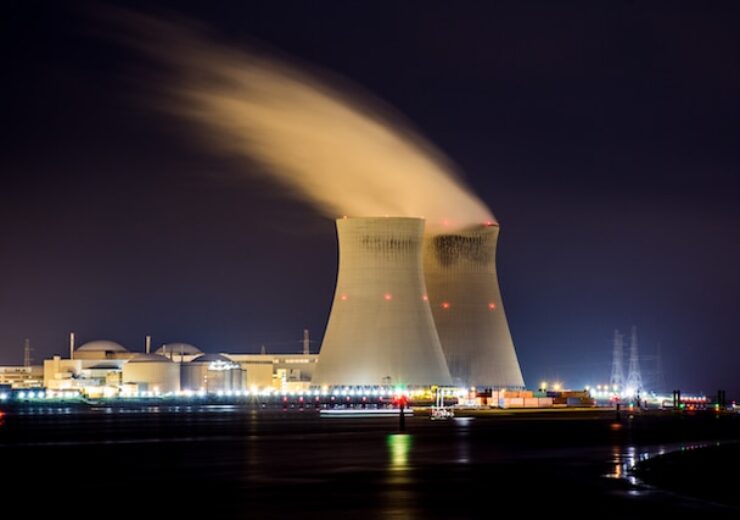EDF plans to invest in five generating UK nuclear power plants, Sizewell B, Torness, Heysham 2, Heysham 1, and Hartlepool sites, to sustain output at current levels, enhance energy security, and reduce carbon emissions

EDF to invest in five UK nuclear power plants. (Credit: Nicolas HIPPERT on Unsplash)
French electric utility EDF has unveiled its plans to invest an additional £1.3bn in the five generating nuclear power plants in the UK between 2024 and 2026.
EDF manages a total of eight nuclear power stations in the UK, of which five are generating, and the remaining three are defuelling, the first stage of decommissioning.
The Sizewell B, Torness, Heysham 2, Heysham 1, and Hartlepool facilities are generating, and the Hunterston B, Hinkley Point B and Dungeness B are defuelling.
EDF’s new investment, which brings the total investment in the fleet to nearly £9bn since 2009, will help sustain output at current levels, enhance energy security, and reduce carbon emissions.
The company will hire more than 1,000 people in 2024 across several UK nuclear plants.
EDF nuclear operations business managing director Mark Hartley said: “EDF has built a strong track record of safely operating the UK’s existing nuclear fleet, delivering over 35% more clean power than initially forecast.
“Looking ahead, we aim to maintain output from the four AGR stations for as long as possible and extend Sizewell B by a further 20 years, out to 2055.
“Maximising output also helps preserve the critical nuclear skills and capabilities that will be valuable for future nuclear projects.”
After the scheduled termination of power generation at three stations across 2021-22, the total nuclear power generation in the UK was 37.3TWh in 2023.
EDF said that it aims to maintain the same level of generation until at least 2026, driven by the extension of generating lifetimes for Heysham 1 and Hartlepool facilities in March 2023.
Currently, Heysham 2 and Torness power stations are allowed to generate until March 2028, whose lifetimes will be reviewed again by the end of 2024.
EDF said that its Sizewell B power station in Suffolk can generate at least an additional 20 years beyond its current end-of-generation date of 2035.
The company is also responsible for defuelling the advanced gas-cooled reactor (AGR) power stations, where the three UK power stations have entered this phase since mid-2021.
